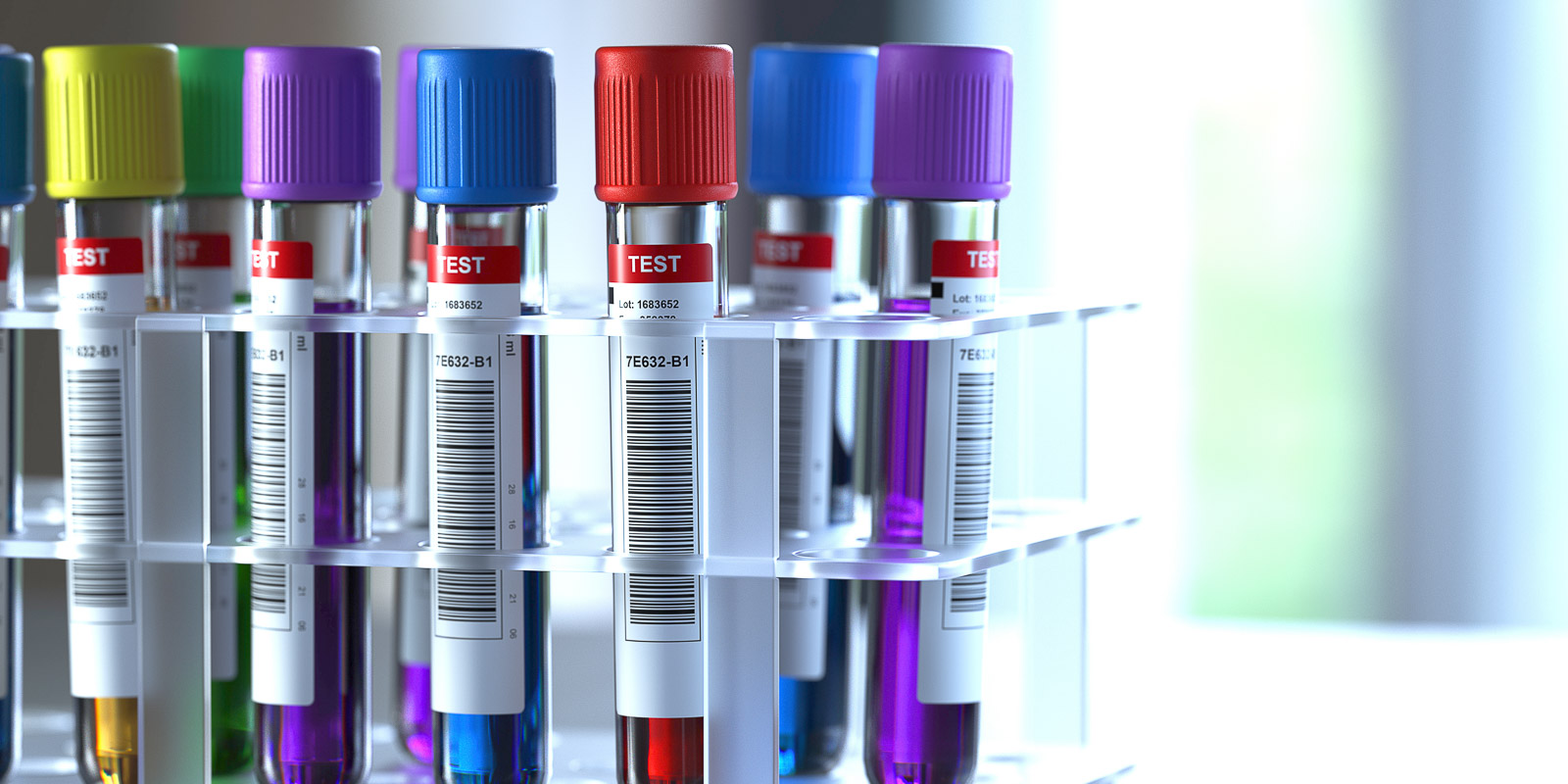About
Hunt Regional Healthcare offers a wide range of laboratory services to patients in Northeast Texas. Our lab services team includes board-certified pathologists, administrative staff, supervisors, medical technologists, medical lab technicians, and a phlebotomy (blood draw) team.
This means that each test you receive will be performed by a professional and highly trained staff member dedicated to meeting your needs. We offer convenient hours and locations so you can get the care you need when you need it.
Services
At Hunt Regional, we offer a full-range of lab tests and wellness screenings. Whether you are looking to gauge your overall health or need to be checked for a specific condition, our lab services team is here for you.
To help determine which one might be right for you, or to learn about a test recommended by your primary care physician or specialist, we encourage you to familiarize yourself with some of the different test and screening types we offer:
Consultative Services
Follow-up with pathologists for clinical and anatomical pathology, including consultation on test selection.
Clinical Lab Services
- Blood and clotting analysis
- Chemical analysis of bodily substances (including hormones and drug levels)
- Study of immune reactions, body fluids, and urine
- Study of microorganisms and parasites
- Blood compatibility testing and blood transfusion services
Wellness and Diagnostic Screenings
This test, sometimes referred to as an ABO/Rh test, will tell you if your blood type is A+, A-, B+, B-, AB+, AB-, O+ or O-. This information is crucial for patients who need a blood transfusion so that doctors know which type of blood they can receive safely. The results will also determine if a pregnant woman is Rh positive or negative, impacting whether or not she is a candidate for an Rh immune globulin immunization.
A chemistry profile, sometimes called a chemistry panel, is commonly recommended by primary care physicians as part of an annual wellness visit. This profile is designed to check the levels of several elements within your body (i.e., sodium, glucose, potassium, creatine, etc.). It gives your physician a solid snapshot of your overall health and wellness.
Doctors can use a complete blood count (CBC) test to check your overall health; however, it can also be used to investigate the causes of tiredness/weakness or persistent bruising. Noticeable increases or decreases in your red blood cells, white blood cells, or platelets may indicate a problem that needs to be investigated further.
Total cholesterol includes a combined measure of “good cholesterol,” known as high-density lipoproteins (HDL), “bad cholesterol,” known as low-density lipoproteins (LDL), and very low-density lipoproteins (VLDL). High cholesterol levels can lead to a high risk of heart disease. Because any signs or symptoms do not typically accompany elevated levels, it is essential for adults to get their cholesterol routinely checked.
A lipid screening, or lipid profile, is similar to a cholesterol check but provides more information. In addition to determining the total cholesterol levels in your blood, it also includes your body’s level of triglycerides (fat found in the blood). This added measurement is important because a high level of triglycerides and a high level of LDL cholesterol may further increase your risk for heart disease.
When inflammation occurs, the body produces what’s called C-reactive protein (CRP). This means that by checking for CRP in the blood, doctors can determine if your body is inflamed. This measurement can help diagnose chronic inflammatory diseases like rheumatoid arthritis and indicate an increased risk for heart disease.
Physicians may recommend a glucose screening to check the glucose sugar level in your blood. An elevated level of this sugar type is a potential indicator of diabetes and may lead to additional testing. This test can also be used to check for the onset of gestational diabetes in pregnant women.
This test measures the level of PSA in the blood. Because elevated levels of PSA are linked to a higher risk for prostate cancer, this test may be recommended for men who are showing symptoms.
We offer screening for three types of sexually transmitted infections: chlamydia, gonorrhea, and syphilis. The screening process for chlamydia and gonorrhea is done through a urine sample. The syphilis screen is called a Rapid Plasmin Reagin and is done through a blood sample.
This blood test detects thyroid gland problems. Your physician may recommend TSH screening to determine whether your thyroid gland is working correctly or to monitor your current thyroid therapy.
This test measures the vitamin D level in your blood, a vitamin that helps maintain bone and muscle health. Your doctor may recommend it if you have
osteoporosis, have gone through menopause, have fragile bones (easily broken), or have low levels of calcium and/or phosphate.
A urine test, or urinalysis, can detect several types of medical conditions, including urinary tract infections (UTI), kidney disease, diabetes, and more. After receiving a urine sample, your doctor will examine its appearance and any abnormal substances it contains. For example, increased levels of protein or glucose (or potentially another substance) could indicate a health problem that warrants further testing.
In addition to checking for medical conditions, a urine sample can also be used to perform a drug screen or a pregnancy test.
Locations
Hunt Regional Medical Center Greenville
Hunt Regional Family Medicine Greenville
Hunt Regional Family Medicine Royse City
Licenses and Accreditations










